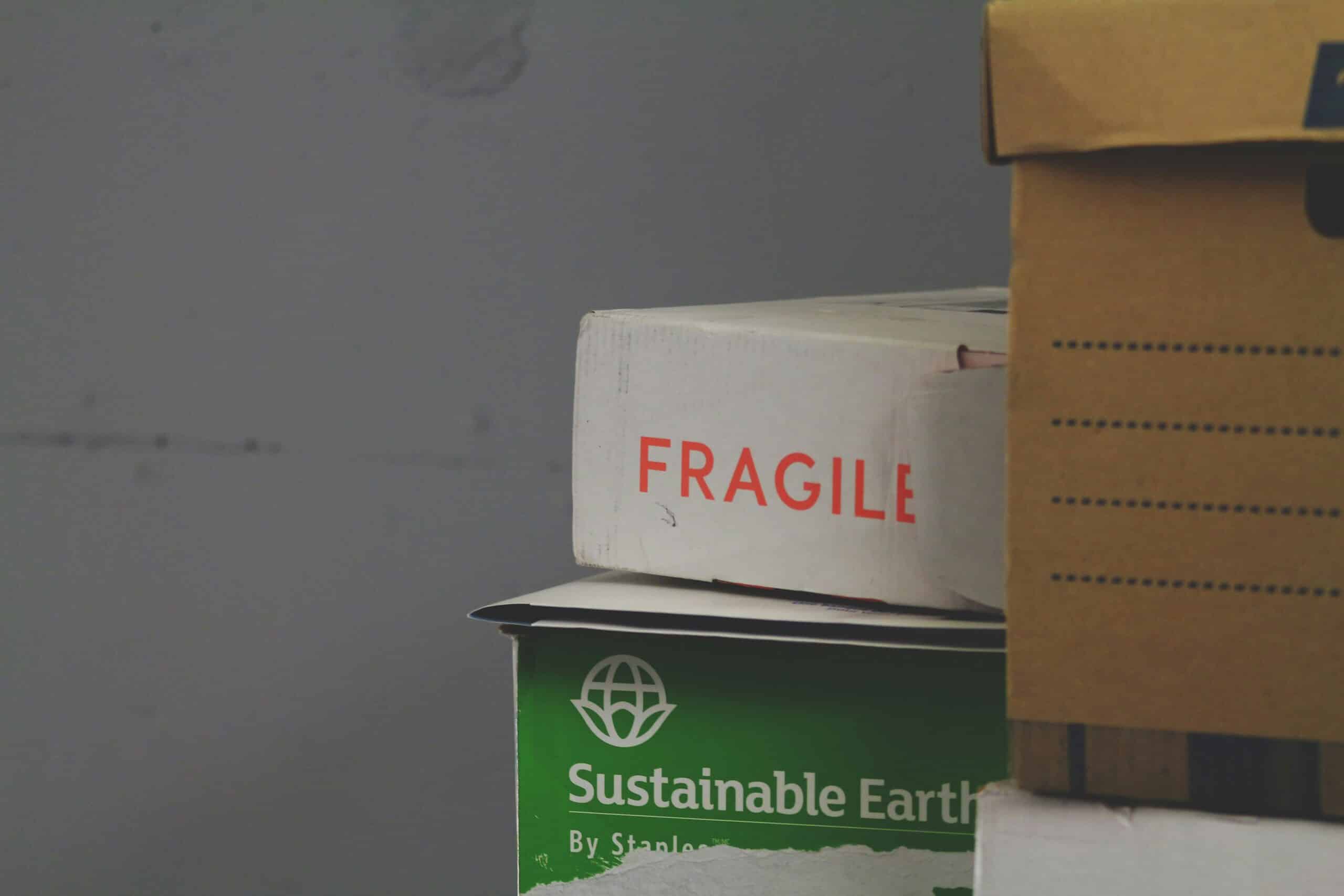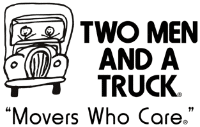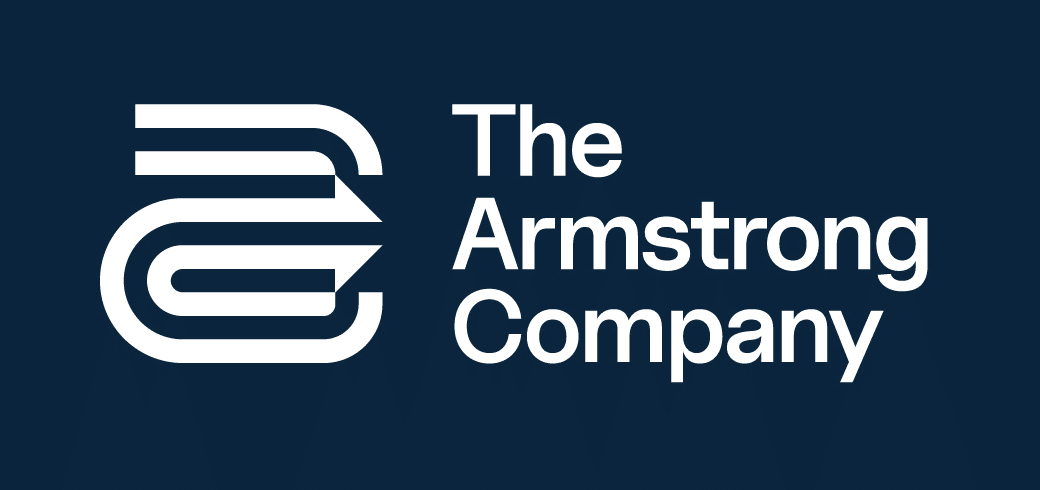Moving to a new home marks an exciting new chapter in life, but it can also come with challenges. One of the most important things to do is find movers you can trust. Choosing the right moving company will not only make your move easier but will also give you peace of mind knowing that your belongings are in good hands.
In this post, we’ll share some useful tips and resources to help you find trusted movers who can make your moving experience smooth and worry-free.
Online Resources for Finding Movers
The internet is a great place to start when you’re looking for moving companies. There are several websites and tools that can help you compare movers and find the best fit for your needs. Here are a few online resources you can use:
1. Better Business Bureau (BBB)
The Better Business Bureau (BBB) is one of the most reliable resources for finding reputable businesses in various industries, including moving companies. BBB assigns ratings to businesses based on their performance in areas like customer satisfaction, complaints, and transparency. You can search for movers in your area, view their ratings, and read reviews from real customers. One of the key benefits of using BBB is that you can also see how businesses have responded to complaints and disputes.
Key features:
- Customer reviews and complaints.
- BBB ratings ranging from A+ to F.
- Detailed profiles for moving companies.
BBB is a trusted platform for customers to find legitimate movers with a track record of honesty and professionalism.
2. Federal Motor Carrier Safety Administration (FMCSA)
For interstate moves, using a moving company registered with the Federal Motor Carrier Safety Administration (FMCSA) is crucial. FMCSA regulates interstate movers and requires them to comply with strict safety and legal guidelines. You can use FMCSA’s Mover Search Tool to verify if a company is licensed to operate across state lines and check their safety record.
Key features:
- Verifies if a mover is licensed for interstate operations.
- Access to safety records, insurance status, and complaints.
- “Protect Your Move” campaign offers educational resources to avoid moving fraud.
3. American Trucking Association (ATA)
American Trucking Association (ATA), created a ProMover certification program that endorses moving companies that meet their high standards of service, ethics, and reliability. ProMover certification guarantees that a moving company has passed a rigorous vetting process, giving you peace of mind when selecting a mover.
Key features:
- Access to the ProMover-certified directory.
- Consumer resources on what to look for in a moving company.
- Tips on avoiding moving scams and understanding moving costs.
These resources will give you a solid foundation for finding trustworthy movers and help you avoid companies that might not be up to par.
Ask for Recommendations
One of the best ways to find a reliable moving company is by asking people you know for recommendations. Friends, family members, and even coworkers can share their personal experiences with movers. Here are a few tips on how to gather referrals:
- Ask Friends and Family: Talk to people you trust who have recently moved. Ask them about the company they used, if the movers were professional, and if their belongings arrived safely. Personal experiences can be very helpful in finding a company that fits your needs.
- Consult Local Businesses: If you’re moving locally, ask local real estate agents, property managers, or home improvement stores for recommendations. These businesses often work closely with moving companies and may know which ones have a good reputation in your area.
- Community Groups: You can also check local online forums or social media groups. Websites like Facebook, Reddit, and Nextdoor have local community groups where people share their experiences and recommend services.
Getting recommendations from people you know and trust can give you more confidence in your choice and save you time in researching movers.
Verifying Moving Companies
Once you’ve found a few moving companies that seem promising, it’s important to verify their credentials to ensure they’re legitimate and trustworthy.
Here are some steps you can take to check a company’s background:
- Check for Licensing: In the U.S., moving companies are required to have a license from the Department of Transportation (DOT). You can search for a company’s DOT number on the Federal Motor Carrier Safety Administration (FMCSA) website to see if they are licensed and insured. This is especially important for interstate moves.
- Ask About Insurance: A reputable moving company should offer insurance options to cover any damage or loss during the move. Ask about their insurance policies and what they cover. It’s a good idea to know the details of how your belongings are protected before signing any contracts.
- Request a Written Estimate: Always ask for a written estimate before hiring a moving company. This estimate should include all charges and fees, such as packing services, travel time, and fuel costs. Make sure the company provides an in-home estimate if possible, as this gives them a better idea of the size and scope of your move.
- Look for Affiliations: Reliable movers often belong to professional organizations like the American Trucking Association (ATA) or have a high rating with the Better Business Bureau (BBB). These affiliations are a sign that the company follows industry standards and guidelines.
By verifying these details, you can avoid falling for a scam and ensure that you’re dealing with a professional company.
Red Flags to Watch Out For
Unfortunately, not all moving companies are trustworthy. Here are some red flags that may signal you’re dealing with a bad mover:
- Lowball Estimates: If a company offers a price that seems too good to be true, it probably is. Be wary of extremely low estimates, as they could be trying to lure you in and later charge hidden fees or additional costs.
- No Written Contract: A professional moving company will always provide a contract in writing. If a mover refuses to give you a contract or only offers a verbal agreement, that’s a major red flag.
- No Physical Address: If the company doesn’t have a physical address or their office location is unclear, it’s best to stay away. A legitimate moving company should have a clear and traceable business location.
- Unmarked Trucks: Be cautious if the movers show up in a truck without a company logo or name. Reputable companies typically have branded vehicles. Unmarked trucks could mean the company is operating illegally or unprofessionally.
Keeping an eye out for these warning signs can help you avoid unreliable movers and potential scams.
Conclusion
Finding a trusted moving company takes some research, but it’s worth the effort to ensure your move goes smoothly. Find movers using online resources like review websites and directories, and don’t forget to ask for recommendations from friends and local businesses. Once you’ve identified a few potential companies, verify their credentials and be on the lookout for red flags. With these tips in mind, you’ll be well on your way to choosing a reliable moving company that will make your move as stress-free as possible!









